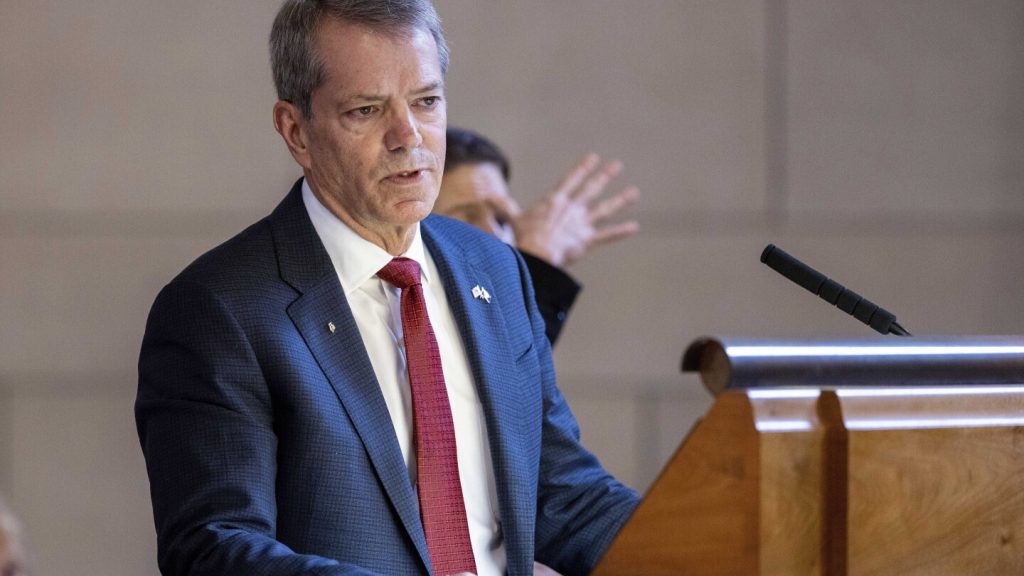Nebraska lawmakers advanced a bill that would raise the state’s sales tax by 1 cent to 6.5%, in an effort to slash soaring property taxes. The bill is part of Republican Governor Jim Pillen’s plan to address the rising property taxes, which have reached $5.3 billion in 2023. These high taxes are causing some homeowners, especially the elderly on fixed incomes, to be priced out of their homes. The bill received the 33 votes needed to advance to the next round of debate in the state’s unique one-chamber legislature. In addition to increasing the sales tax, the bill would expand it to include more services and tax new items like candy and soda pop.
If the bill passes as is, Nebraska’s state sales tax would match those of Arkansas, Kansas, and Washington at 6.5%. Most cities and counties in Nebraska already have additional local sales taxes ranging from 1/2-cent to 2 cents, so this legislation could take the total sales tax in some cities to 8.5%. However, the bill seeks to cut sales taxes on utility bills to address concerns that an increase in sales tax would disproportionately affect lower-income individuals. Supporters of the bill argue that it targets higher-income residents with more disposable income, rather than those living in poverty. The bill would exempt grocery food items from sales tax.
Critics of the bill, including both left-leaning opponents and conservative ones, argue that a sales tax places a heavier burden on lower-income populations. State Senator Jane Raybould, a Democrat, pointed out that while food may be exempt from sales tax, other necessities like toiletries, cleaning products, and larger purchases like kitchen appliances and vehicles would be subject to the increased tax. Some lawmakers also objected to the 100% sales tax on CBD and hemp products, which could harm businesses that sell these items. The bill has been characterized as a tax shift rather than a new investment in public education.
According to a taxation watchdog group, the changes proposed in the bill would benefit the top 5% of Nebraskans with incomes over $252,600, while the majority of residents would see a greater impact from the sales tax increase than any property tax cut they might receive. The bill must survive two more rounds of debate before the end of the legislative session on April 18 in order to pass. Governor Pillen has pledged to call lawmakers back for a special session if property tax relief efforts do not succeed. Opponents from various political backgrounds support reducing property taxes but oppose doing so through a sales tax increase. Some Republican lawmakers are at odds with the governor over the proposed tax changes, with Senator Julie Slama stating that increasing taxes to cut taxes does not truly reduce the tax burden on residents.


